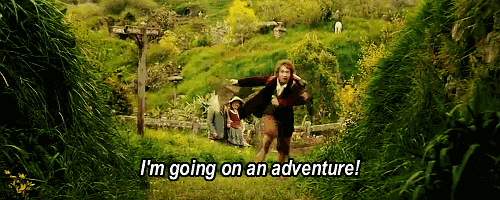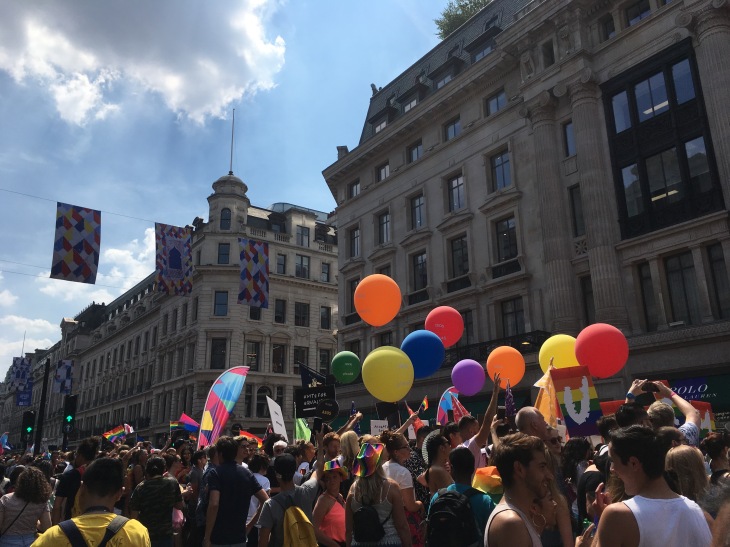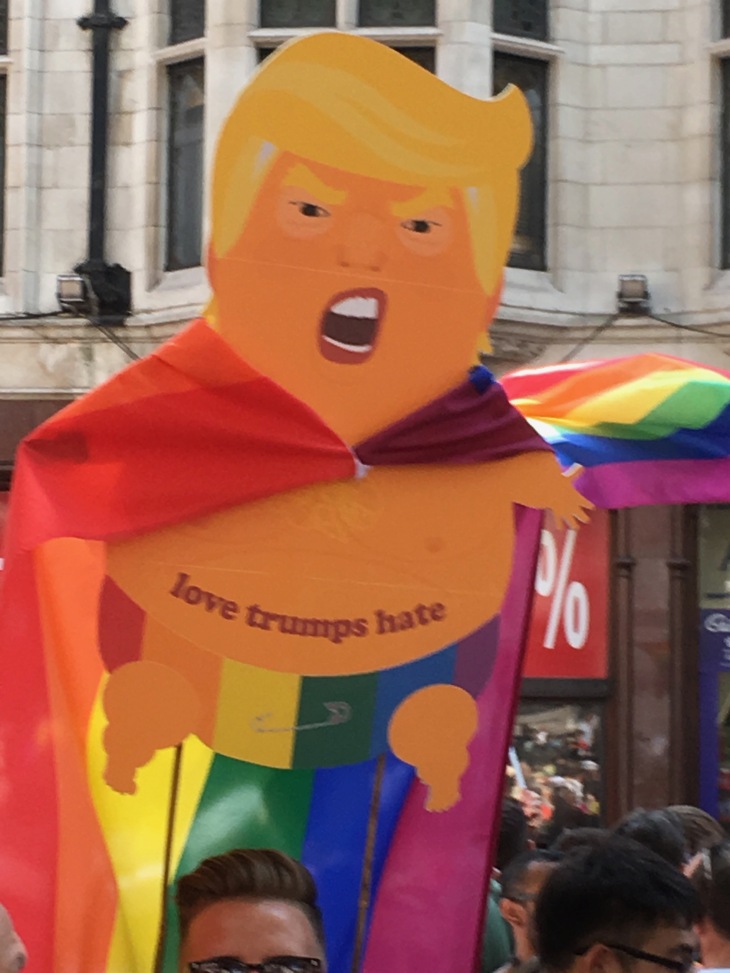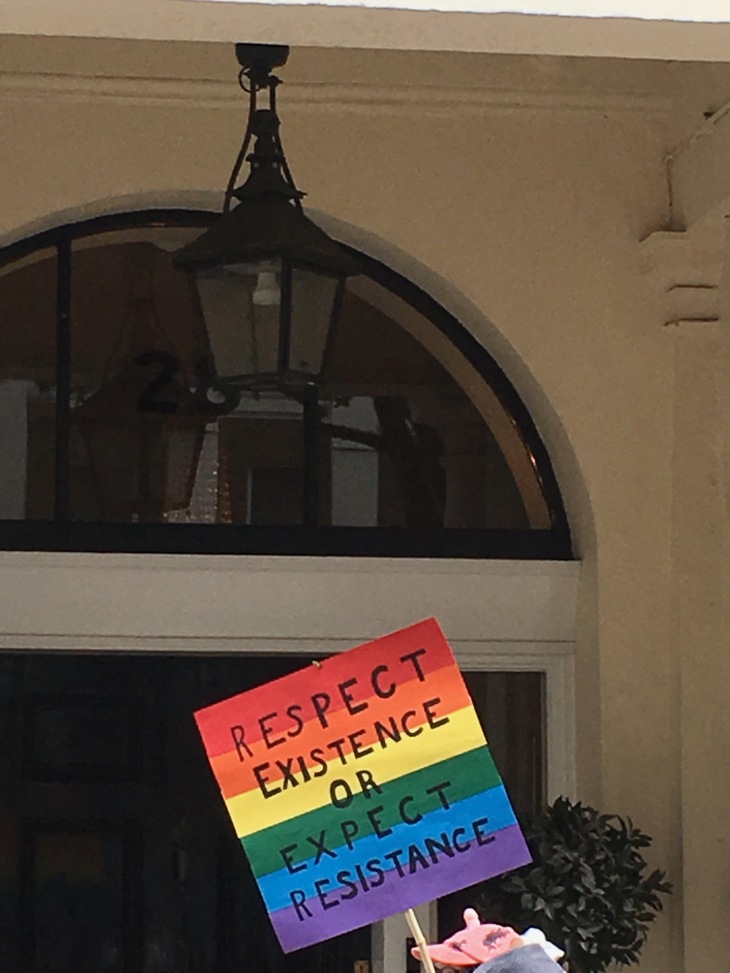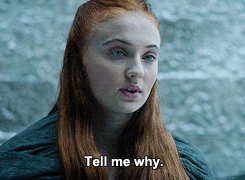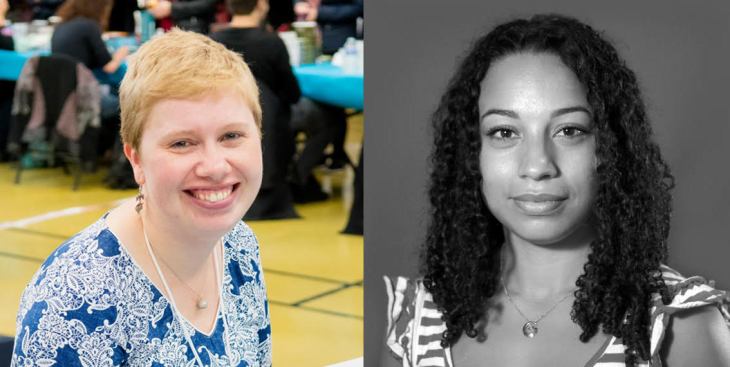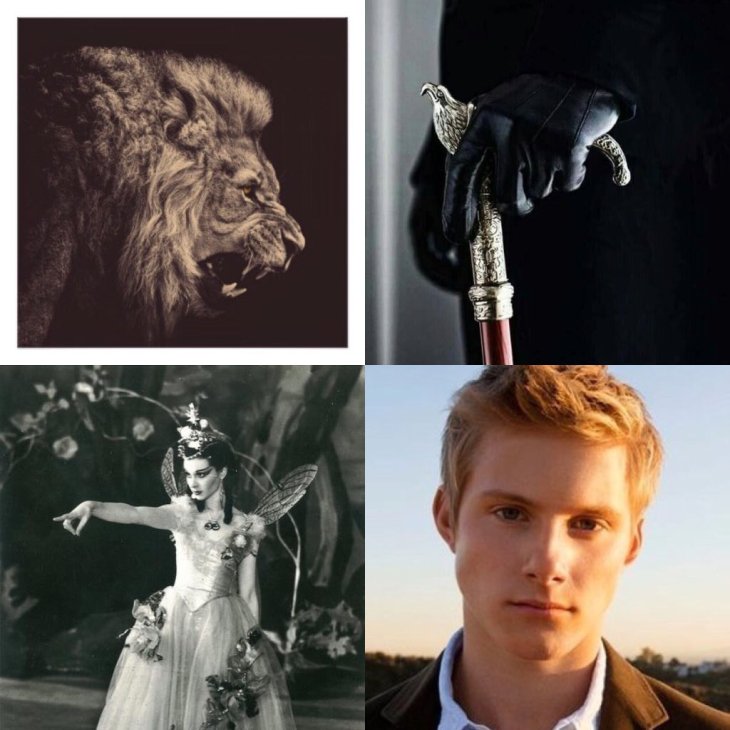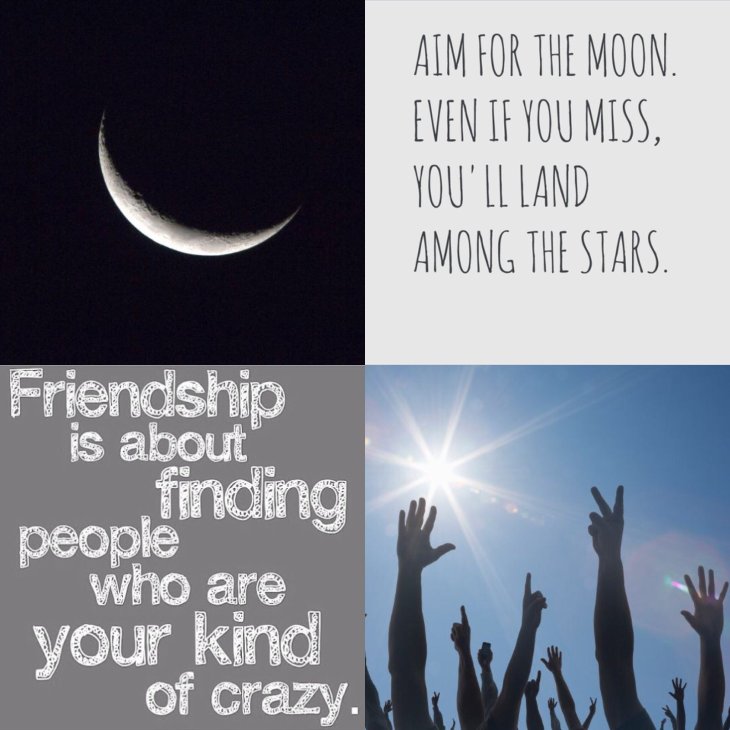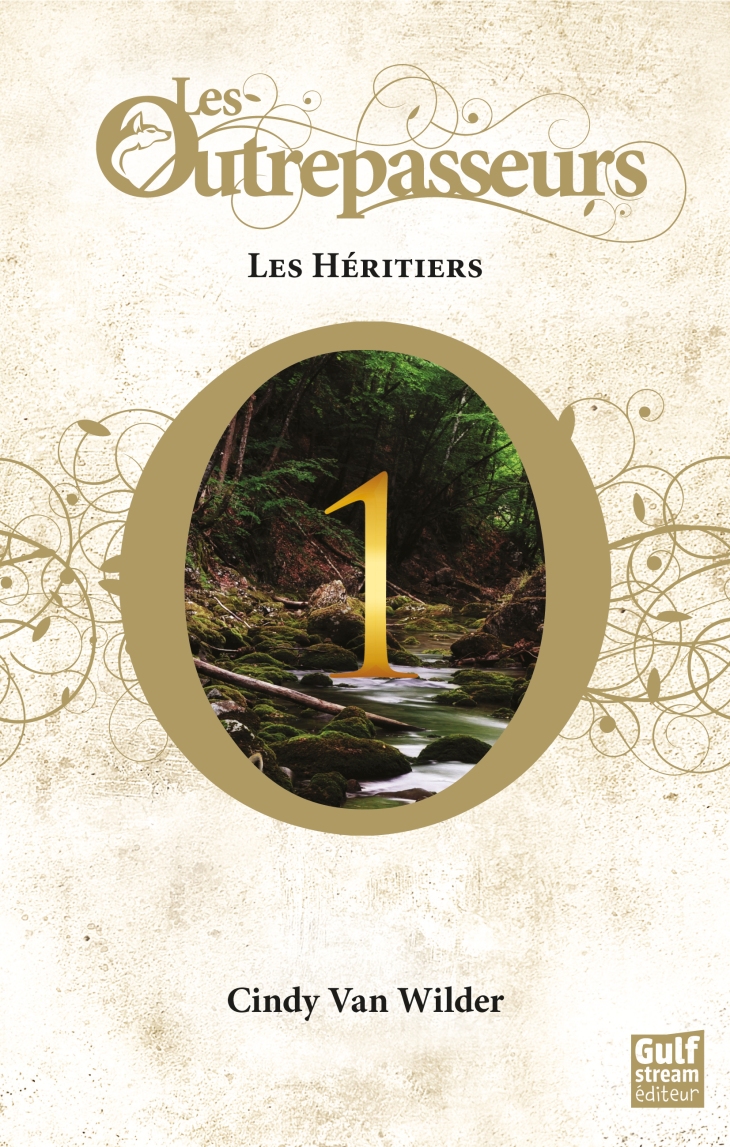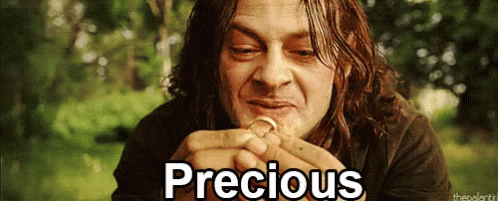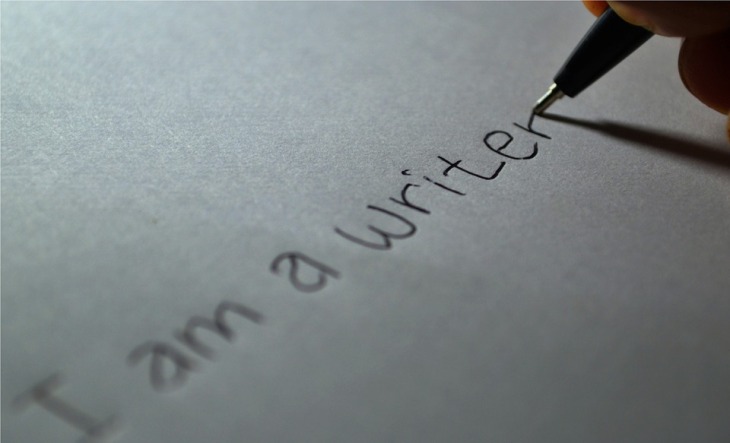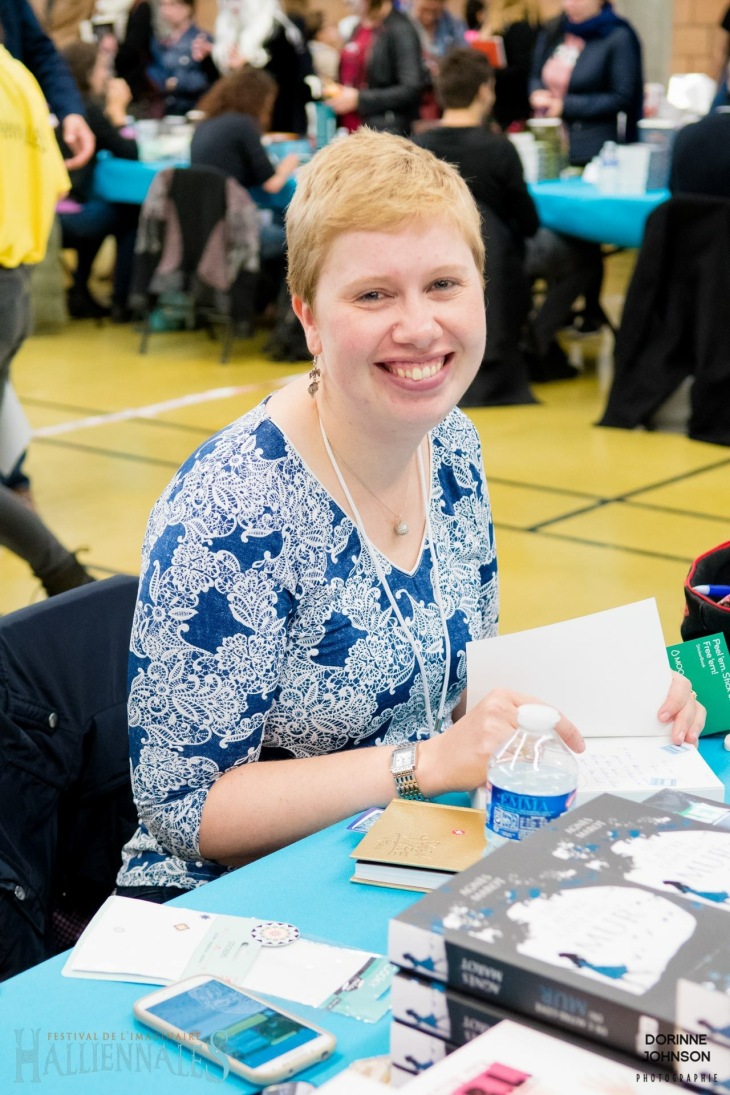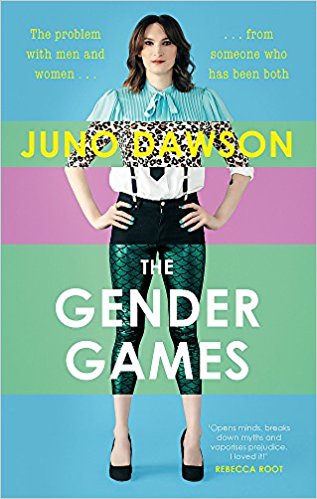Okay, folks, let’s pop the big question! No, I’m not going to propose to some poor soul, rest assured. I’m talking about something which has literally haunted me for years, a possibility which has slowly but surely wormed its way into my mind until it was completely impossible for me not to think about it. (Yes, I’m aware that written like that, it looks a bit painful and invasive but as Muse can be quite a pain in my head, you get it).
As this post’s title says, I’m talking about writing in English.
The first question which most often came up when I had the opportunity to discuss it with relatives and friends was “Why?”.
As in “Why would you write in another language than your mother tongue while you’re already published in French?” “Wouldn’t it be easier to wait for a foreign deal for one of your existing books? “
In short – “Why would you do such a thing??”
The persons asking me this haven’t got it wrong. And it was quite logical of them to come up with such questions. In fact, I was waiting for them.
So, let’s talk about why I decided to write in English.
The foreign deal
In theory, if you can land a foreign deal for one of your books, it’s the perfect solution. Not only this deal will cost you nothing, but on the contrary – you will even receive money from the foreign publisher who wants to acquire foreign rights of your book. Of course, you’ll have to share with your original publisher and your agent (if you have one) but all in all, it’s quite a nice solution.
So, what’s the catch (because of course there’s one)?
Unfortunately, it’s quite hard to land a foreign deal in my situation, that is to say when you’re writing YA and you’re publishing in another language than English. It can still be possible, of course. Two of my friends got several foreign deals for one of their novels and I know that some markets are quite favourable to YA lit’.
But, in comparison with all the YA/kidlit production on the French-speaking market, opportunities to land a foreign deal are few and far between.
You can even say it’s quite a miracle when you get this kind of deal – and even more so when your book doesn’t turn out to be a best-seller! (which is also a kind of miracle in itself, especially in the current highly competitive YA market).
It’s even more difficult to land a foreign deal in English, let me tell you. You can count on one hand French-speaking YA authors who have been in this case (and I’m really happy to know some of them since it shows me that this doesn’t equal to Mission:Impossible!)
At this point you may say “Okay, I get it, it’s quite difficult for you… but choosing to write a complete novel in English is quite a different thing altogether!” and you’ll be right.
So, why did I choose this?
First, because I love the English language. It wasn’t love at first sight, especially during my translator curriculum. As any other language, English can reveal itself to be deceptive, full of faux amis and traps for the unaware student that I was. But I’m quite stubborn when I want to be and I persisted. I started getting accustomed with this language, the prose of writers, the particular turns of phrase, the quirky or frankly weird idioms… Soon I was reading whole novels without any dictionary’s help, Googling from time to time when I wasn’t able to guess what the author has meant by a sentence or a word.
Besides, when you start discovering a language, you automatically discover the culture underlying it. And since English has spread all over the globe, I’ll say the cultures. That journey most of all fascinated me and still does. Whether it’s American slang, British expressions, Canadian descriptions or Nigerian writing to only name a few, I’m still amazed at the diversity you can encounter when opening a single book. Something you don’t always feel when you read the translation (and no, it doesn’t automatically imply the translator hasn’t done a good job, far from it!).
Of course, you can enjoy reading in another language without wanting to write in it.
But I’m a writer.
I love challenges.
And I’m not afraid to state that I’d like the opportunity to see my next book(s) available to readers for whom it would be unlikely they ever get the possibility to discover my prose otherwise.
My last objection – “But what if I’m just not good enough?” – definitely fell when my brilliant agent sent me a link to this article.
This passage in particular was intriguing:
During one of my Skype tutorials on the course, my tutor Chris Wakling told me, “Your writing somehow reads like a translation.” I said to him, “Oh, is it that bad?” But he said, “No, no. I didn’t mean it in a negative way. It’s actually refreshing and suits the kind of story you’re telling.” Until then, I had always seen my non-native status as a major weakness. But his words made me realise that perhaps it’s one of my strengths. My simple and sparse writing style lends a unique colour to my narrative.
It got me thinking – What if I considered my prose in English to be a potential source of originality, a voice to be developed instead of an automatic weakness or impediment? Definitely something worth thinking about!
In conclusion, that’s why I’m going to embark on a new adventure! No doubt it’s going to be hard and very messy at first, but I’m not going to become discouraged so easily. And for those who wonder if I’ll still write in French – of course, I’ll do it! Would be stupid of me to do otherwise.
I’ll try to post regular updates as regards the progress of Untamed Voices, the project I got in mind for this. In the meantime, stay tuned! 😉

